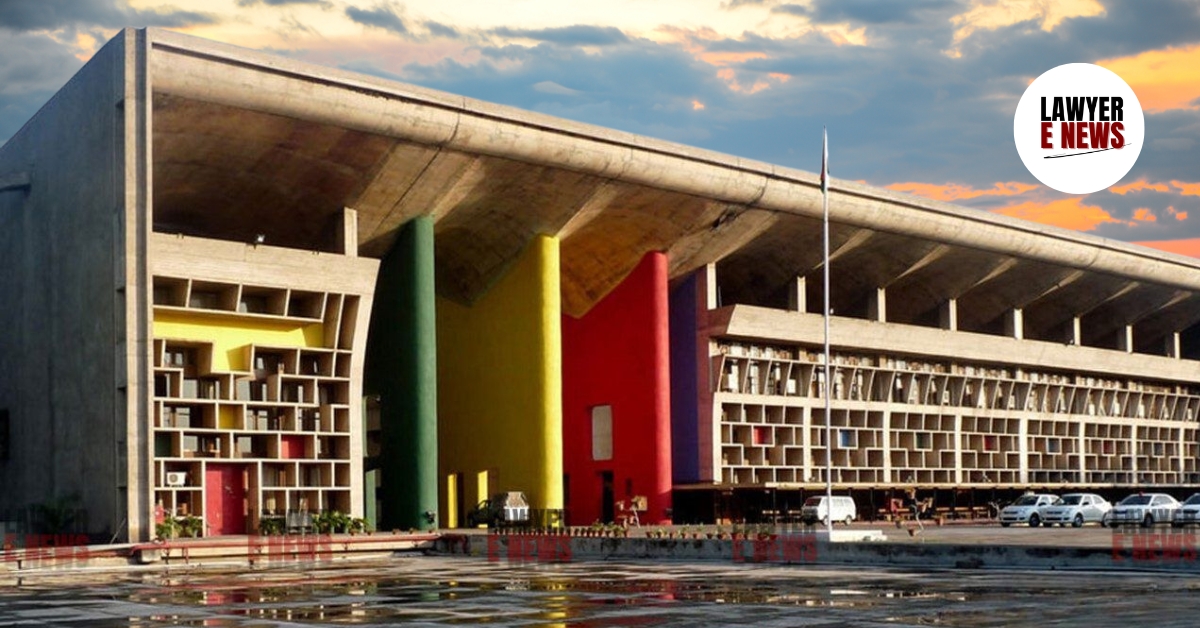-
by Admin
19 February 2026 3:14 PM



“Provision is meant to clarify the Court’s doubt—not to patch up omissions in cross-examination” – Punjab and Haryana High Court dismissed a revision petition filed under Article 227 of the Constitution of India challenging the trial court’s refusal to recall witnesses for further cross-examination. The Court held that Order 18 Rule 17 of the Code of Civil Procedure, 1908 is a limited, discretionary power intended only for judicial clarification, not to give parties a second bite at the evidence.
The case arose out of a civil suit for specific performance, where the defendant, long after conclusion of both parties' evidence, sought to recall PW-2 to PW-4 claiming that certain “material questions” had been inadvertently omitted by his former counsel. The trial court rejected the application, finding no justifiable ground, and the High Court affirmed that decision.
“Main Purpose of Order 18 Rule 17 CPC Is Clarification by the Court, Not Supplementation by Parties”
Justice Alka Sarin reiterated the settled legal position that Order 18 Rule 17 CPC is not intended for re-cross-examination or evidentiary supplementation. Citing precedents including Vadiraj Naggappa Vernekar v. Sharadchandra Prabhakar Gogate [(2009) 4 SCC 410] and K.K. Velusamy v. N. Palanisamy [(2011) 11 SCC 275], the Court observed:
“Such power is to be invoked not to fill up the lacunae in the evidence of the witness which has already been recorded but to clear any ambiguity that may have arisen during the course of his examination.” [Para 7]
“Once Cross-Examination Is Done, Recall Cannot Be Allowed Merely to Ask Missed Questions”
The petitioner’s argument hinged on the fact that his then-counsel had failed to put certain crucial questions during cross-examination of the plaintiff’s witnesses. However, the Court rejected this submission as legally impermissible:
“There is no cogent reason forthcoming as to why the said witnesses need to be recalled except for stating that certain material questions were not put at the time when they were being cross-examined.” [Para 6]
The Court emphasized that even a lengthy cross-examination had already been conducted, and any attempt to bring back the witnesses merely to “ask what was missed” was an abuse of procedural discretion.
“Judicial Discretion Under Order 18 Rule 17 Is Narrow and Not a Remedy for Litigants' Oversight”
The High Court reaffirmed that the discretion under Order 18 Rule 17 CPC is narrowly tailored:
“The power is discretionary and should be used sparingly in appropriate cases to enable the Court to clarify any doubts... not to fill omissions in the evidence of a witness who has already been examined.” [Para 7, quoting K.K. Velusamy]
The Court further held:
“The settled legal position… is very clear: recalling a witness at the instance of a party ‘for further elaboration on the left-out points’ is wholly impermissible in law.” [Para 7]
Witness Recall Cannot Be Used to Cure Oversights
The revision petition was dismissed, with the Court unequivocally stating that litigants cannot rely on Order 18 Rule 17 CPC to repair evidentiary mistakes made during trial:
“The said provisions cannot be used to fill omissions in the evidence of a witness who already stands examined in detail.” [Para 8]
The judgment reinforces the principle that procedural tools cannot be weaponized to undermine finality in trial proceedings, particularly when parties have already availed full opportunity to present their case.
Date of Decision: 07 March 2025
